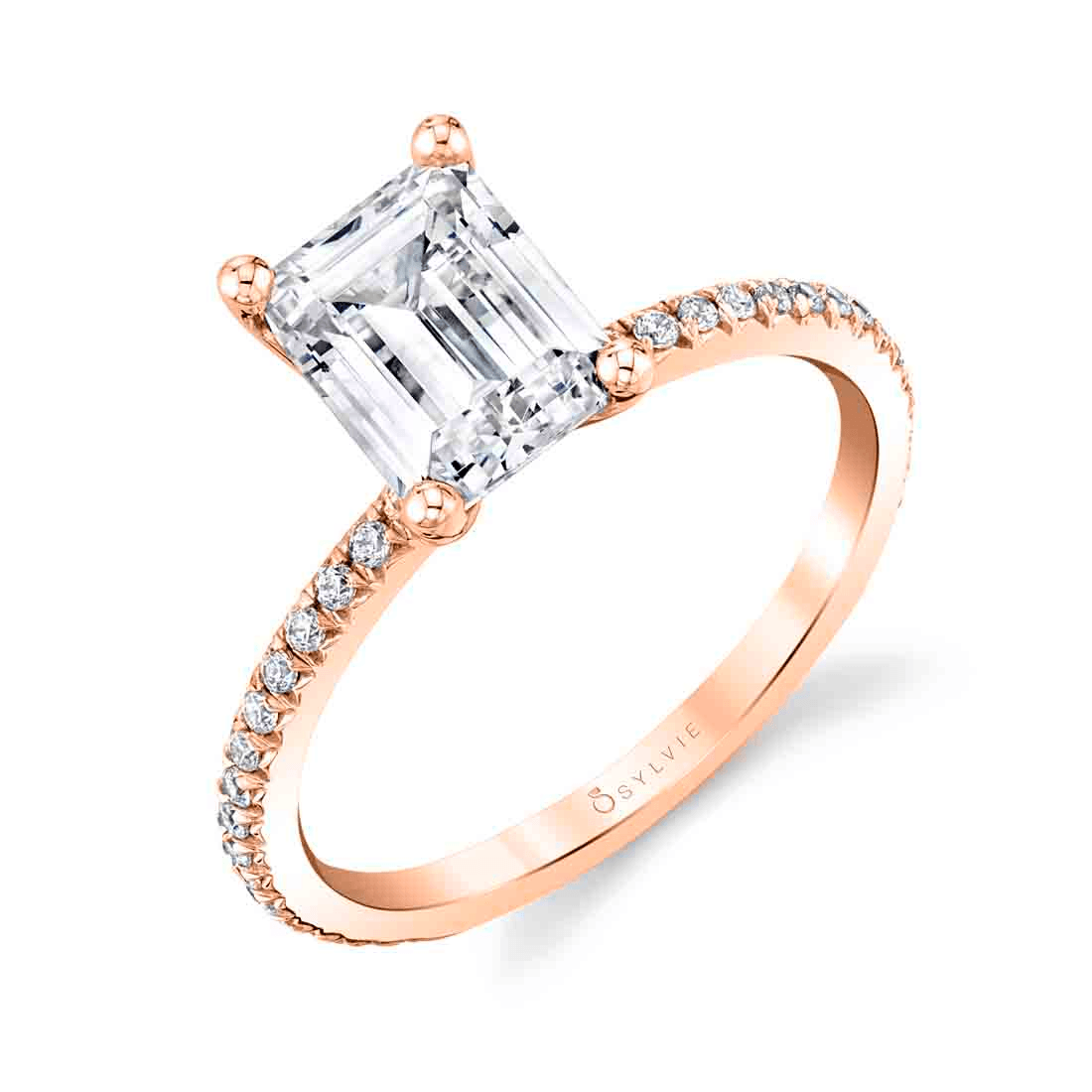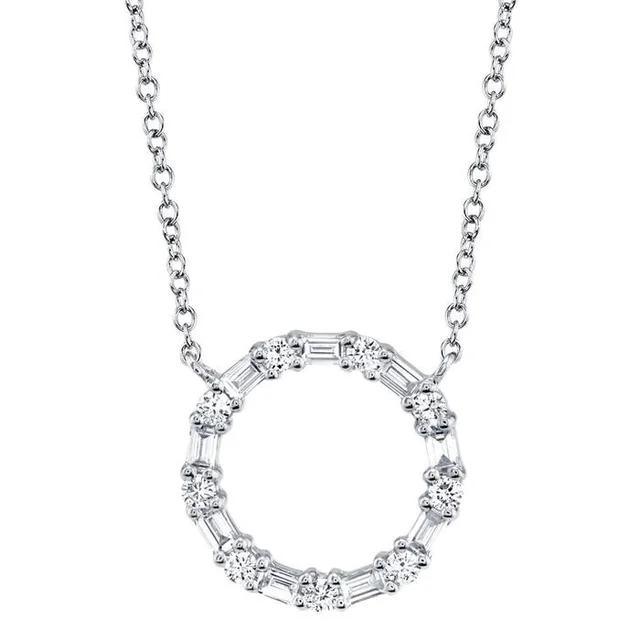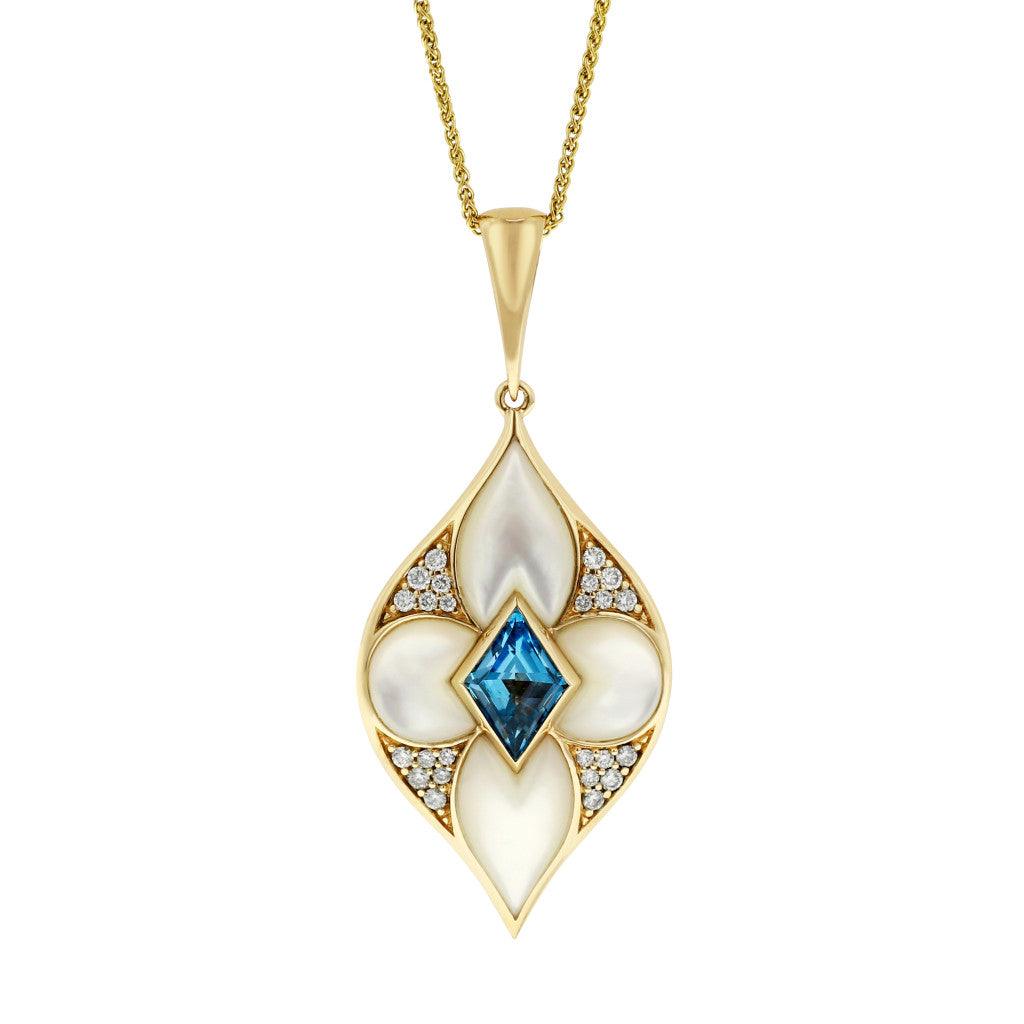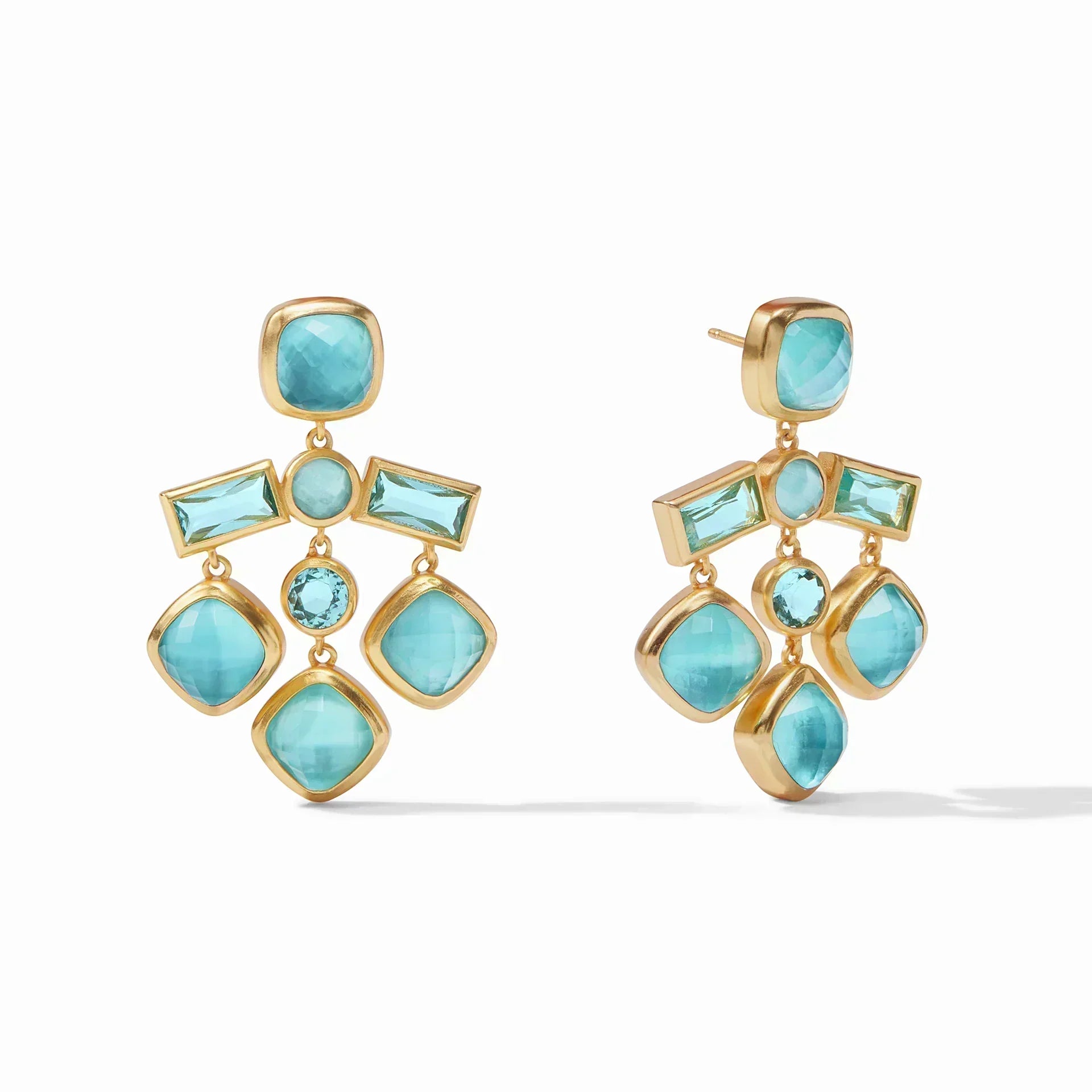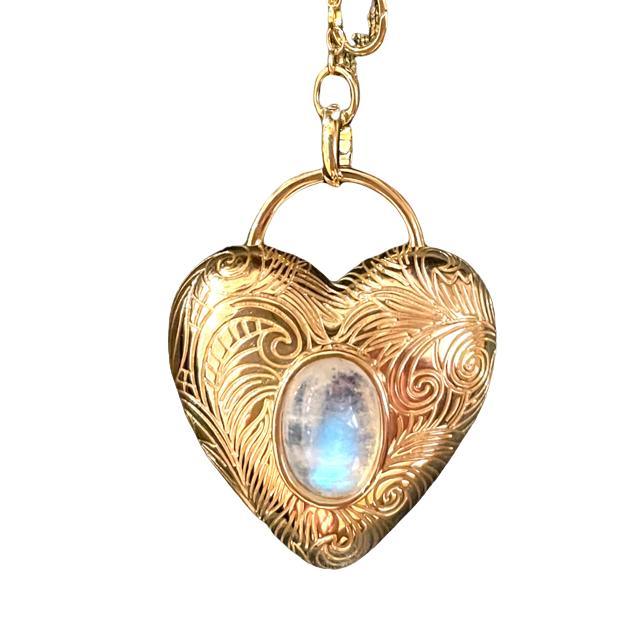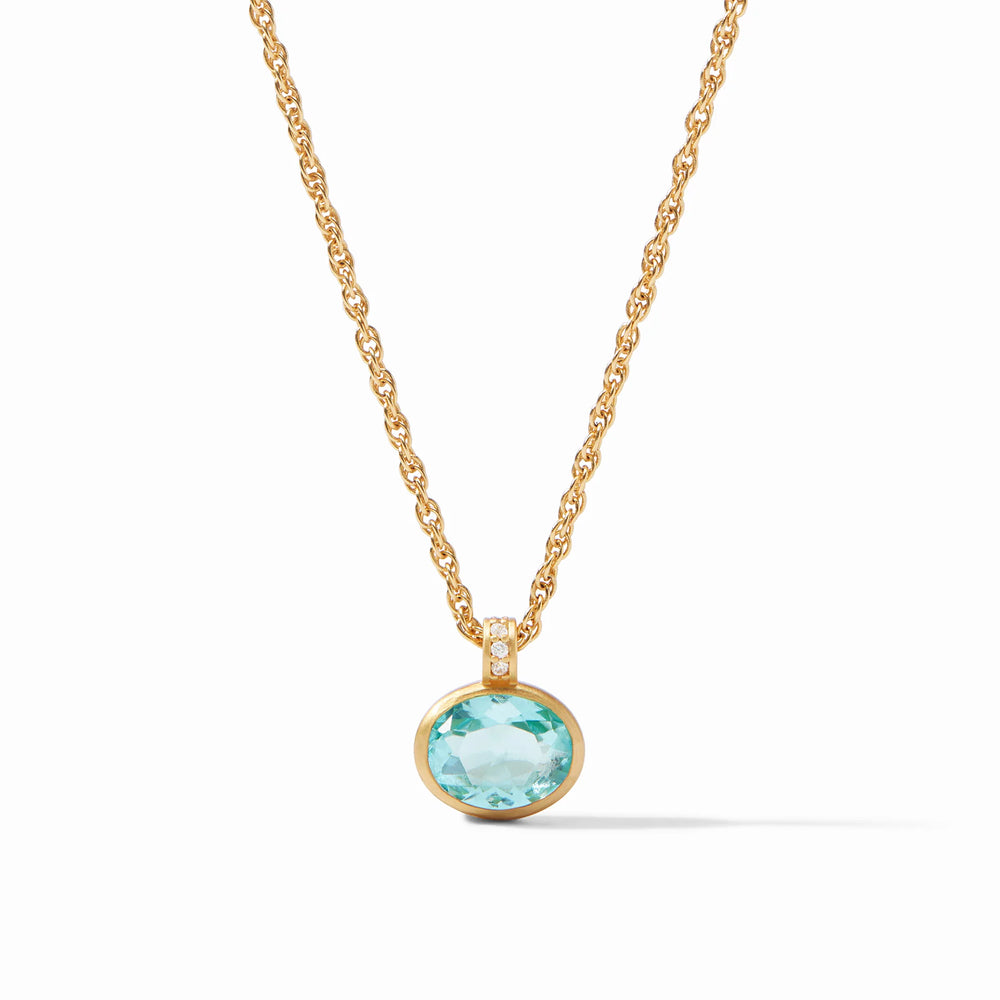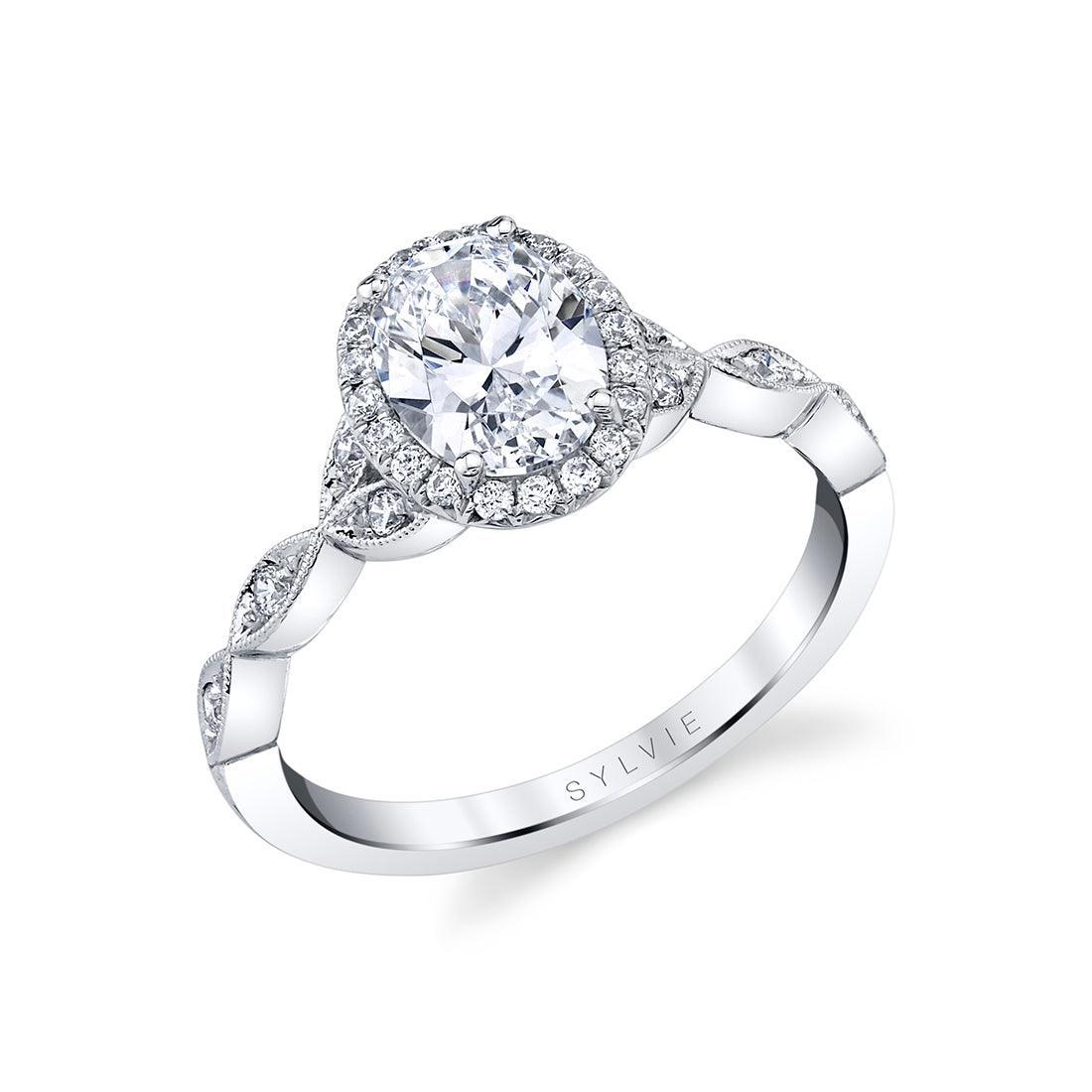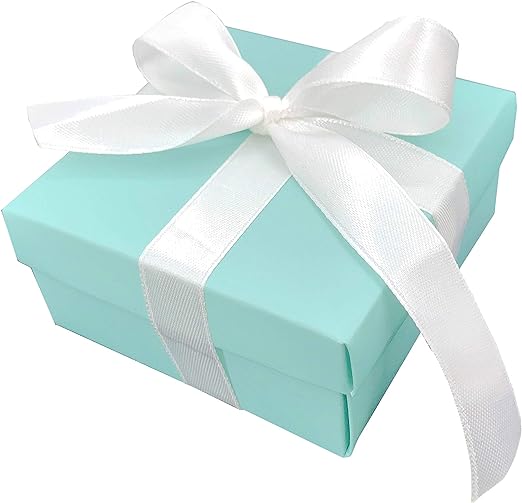What Metals are used to make Jewelry?
A wide variety of metals are used to make jewelry, each with its own unique properties, appearance, and suitability for different types of jewelry. Here are some of the most common metals used in jewelry-making:
Known as the "Noble Metals", Gold, Silver and Platinum are among the most common metals for jewelry making. They are both malleable and resistant to corrosion and oxidation, making them the most popular choice of jewelry designers.
Gold:
- Varieties: Yellow gold, white gold, rose gold, green gold, and more.
- Alloys: Frequently blended with metals such as silver, copper, nickel, and zinc to enhance strength and introduce different hues.
- Gold possesses exceptional malleability, maintains its form indefinitely without tarnishing or corroding, and can be recycled from old or damaged pieces to craft new jewelry.
- Yellow Gold combines pure gold, silver, and copper.
- White Gold combines pure gold with silver, nickel, or palladium.
- Rose Gold combines pure gold with copper, lending it a pink, "rosy" hue.
- Gold Plated: A thin layer of gold is laid onto a base of copper, silver, or other metals using electroplating. While the gold layer may eventually wear off or scratch, it is a more economical alternative to standard gold.
- Gold Vermeil: This involves depositing a thin layer of gold onto sterling silver. Offering greater durability than plated jewelry, vermeil is a great option for affordability.
- Gold Filled: Manufacturers layer 2 to 3 tiers of gold over silver, brass, or other base metals. More costly than both plated and vermeil pieces, gold-filled jewelry can endure the longest before showing signs of aging or fading. It is also one of the most hypoallergenic choices.
Silver:
- Varieties: Sterling silver (92.5% pure silver blended with 7.5% of another metal, commonly copper). Designers often alloy silver with other metals to create a more robust alloy due to its pliability. A "925" hallmark denotes a piece as "sterling silver" or 92.5% pure silver mixed with metals like copper.
- Alloys: Variations such as Argentium silver provide enhanced tarnish resistance.
- A favored metal for everyday wear, additionally being budget-friendly.
- Not sufficiently resilient for wedding and engagement rings.
- Susceptible to oxidation with prolonged and frequent wear.
- Fun fact: Tiffany & Co. was the pioneer in adopting the .925 silver standard in the U.S.
Platinum:
- Properties: Exceptionally dense, enduring, and naturally lustrous.
- Purity: Primarily employed in its pure form or alloyed with minute amounts of other metals. It stands as a rare metal with purity ratings of 900 (90%) or 950 (95%), typically mixed with small quantities of palladium, iridium, or rhodium for added strength.
- Hypoallergenic, making it a highly sought-after option for wearers with sensitive skin.
- Commonly utilized in fine jewelry.
- While exceedingly durable, it may develop scratches or patina without proper care and maintenance.
- Properties: Lighter and less dense than platinum, similar in color and durability.
- Purity: Often used in its pure form or alloyed with small amounts of other metals.
Titanium:
- Properties: Extremely lightweight, durable, and hypoallergenic.
- Uses: Popular for men's wedding bands and contemporary jewelry.
Stainless Steel:
- Properties: Strong, durable, and resistant to tarnish and corrosion.
- Uses: Often used for affordable fashion jewelry and men's accessories.
Tungsten:
- Properties: Very hard and scratch-resistant.
- Uses: Commonly used in men's wedding bands.
Cobalt:
- Properties: Four times the hardness of platinum. Extremely hard, scratch-resistant and requires very little care. Very lightweight and hypoallergenic.
- Uses: Often used in Men’s wedding bands because of it's durability.
Brass:
- Properties: An alloy of copper and zinc with a warm, golden color.
- Uses: Often used for costume jewelry and statement pieces.
Bronze:
- Properties: An alloy of copper and tin, with a reddish-brown color.
- Uses: Used in historical reproductions and for a vintage aesthetic.
Copper:
- Properties: Soft, reddish metal that patinas over time.
- Uses: Popular for bohemian and rustic-style jewelry.
Aluminum:
- Properties: Lightweight, low-cost, and resistant to tarnish.
- Uses: Commonly used for fashion and costume jewelry.
Nickel:
- Properties: Often used as an alloy for white gold, but can cause allergic reactions in some people.
Niobium:
- Properties: Hypoallergenic, lightweight, and anodizes easily for colorful finishes.
- Uses: Often used for body jewelry and earrings for sensitive ears.
Zinc:
- Properties: Lightweight and affordable.
- Uses: Often used in costume and fashion jewelry.
Plated Metals:
Various metals can be plated with a thin layer of gold, silver, rhodium, or other precious metals to achieve a desired appearance.
It's important to note that the choice of metal for a piece of jewelry depends on factors like the intended use, budget, personal preference, and any potential allergies or sensitivities. Additionally, some metals may require more care and maintenance to keep them looking their best.
Water Street Jewelers is an expert in care and maintenence of all types of jewelry. We can help you keep your jewelry looking brand new with our professional in house cleanings and tips on how to care for your jewelry at home.

